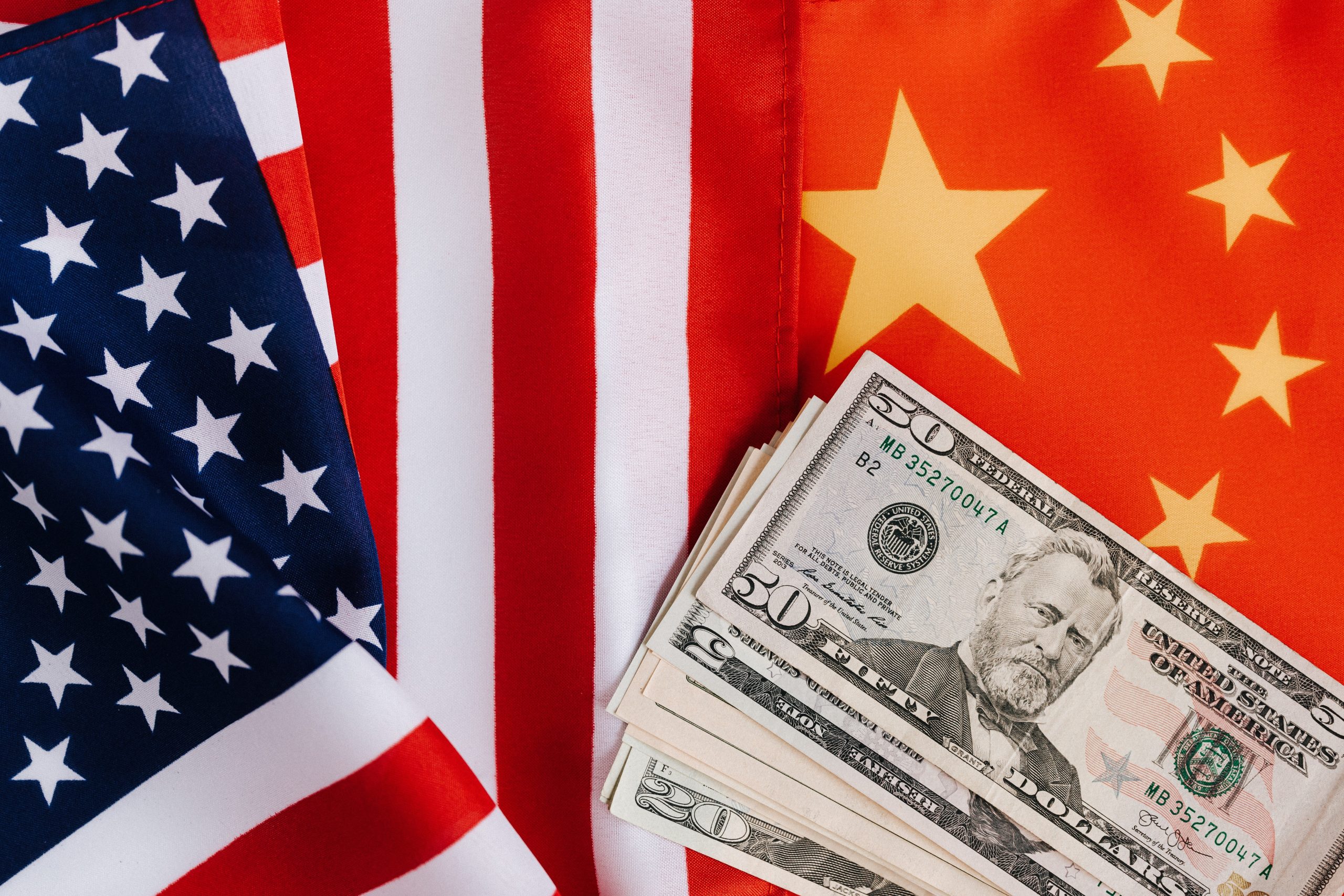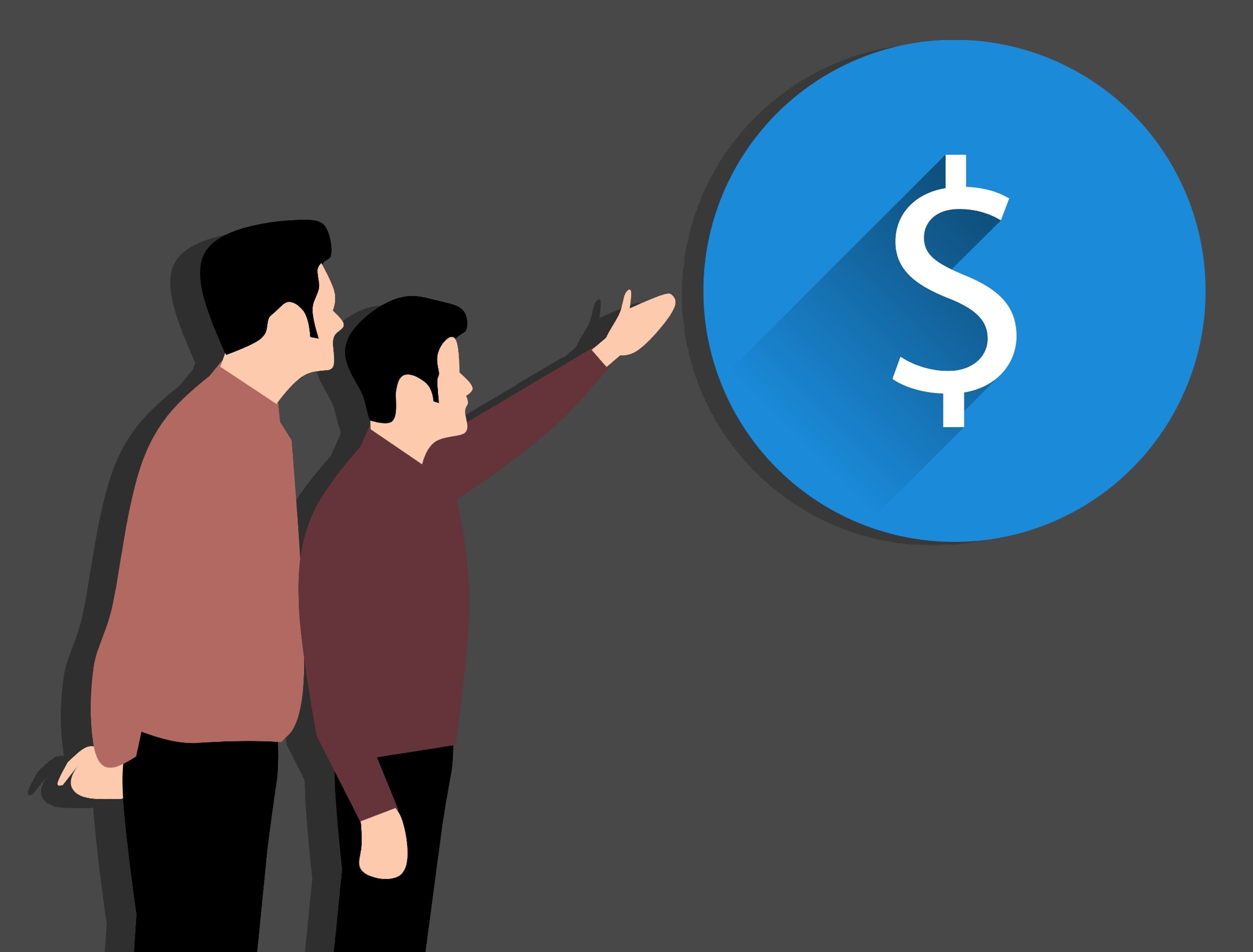The US economy has been on a rollercoaster ride for the past few years, and it seems like there’s no end in sight. Recently, Janet Yellen, former Chair of the Federal Reserve, made a shocking statement about an impending financial disaster that could affect every American. With her vast knowledge and experience in economics, Yellen’s warning cannot be taken lightly. In this blog post, we will delve into her views on the current state of the US economy and explore ways to prevent such a catastrophe from happening. So sit tight and let’s dive right into it!
Who is Yellen?
Janet Yellen is a renowned economist who served as the Chair of the Federal Reserve from 2014-2018. She has also held various other important positions in economics and finance during her career, such as Vice-Chair of the Board of Governors, President, and CEO of the Federal Reserve Bank of San Francisco.
Yellen was born in Brooklyn, New York, and went on to earn her Ph.
D. in economics from Yale University. Her research focuses primarily on labor markets and monetary policy.
During her time at the Federal Reserve, Yellen was known for her cautious approach to interest rate hikes and emphasis on creating policies that supported job growth. She played a key role in steering the US economy through its recovery after the Great Recession.
In addition to her extensive experience in government institutions like the Fed, Yellen has also taught economics at Harvard University and UC Berkeley. She is widely regarded as one of America’s leading economic experts with an impressive track record both inside and outside government circles.
What are her views on the current state of the US economy?
As the former chair of the Federal Reserve, Janet Yellen has a wealth of experience and expertise when it comes to assessing the state of the US economy. In recent months, she has been sounding a warning about what she sees as an impending financial disaster for the US government.
One key issue that concerns Yellen is rising levels of public debt. She believes that without significant action, this debt could become unsustainable in just a few years’ time. This would be bad news not only for the government but also for ordinary Americans who rely on things like Social Security and Medicare.
Another factor contributing to Yellen’s pessimistic outlook is slowing economic growth. While unemployment is currently at historic lows, GDP growth has slowed significantly in recent quarters. This suggests that there may be underlying weaknesses in the economy that could cause problems down the line.
Yellen worries about political instability and uncertainty both within the US and globally. With trade tensions escalating between major powers like China and Japan, there are many potential flashpoints that could trigger an economic downturn.
Yellen’s view is sobering: unless policymakers take bold steps to address these challenges head-on, we could be heading towards a major financial crisis sooner than we think.
How could a financial disaster affect the average American?
A financial disaster could have a significant impact on the average American. Firstly, it could lead to an increase in unemployment rates as companies struggle to stay afloat and are forced to lay off workers. This would make it difficult for people to pay their bills and afford basic necessities such as food and housing.
Secondly, a financial disaster could also result in inflation, which can cause prices of goods and services to rise rapidly. This would be particularly problematic for those already struggling financially, as they may not be able to keep up with the increased cost of living.
Additionally, if the government is unable to pay its debts or defaults on loans from foreign countries, this could lead to a decrease in the value of the dollar. In turn, this would make imports more expensive while making exports cheaper – potentially leading to trade imbalances that negatively affect US businesses.
A financial crisis can also lead to social unrest and even political instability. People who are struggling financially might become angry at their leaders or blame certain groups for their problems – leading them towards extremist ideas or movements.
There’s no doubt that a financial disaster could have serious consequences for ordinary Americans – highlighting why we must take steps now before things spiral out of control.
What can be done to prevent a financial disaster?
Preventing a financial disaster requires immediate and effective action from the government. One of the first steps is to reduce national debt, which has been increasing rapidly over the years. The government can do this by cutting spending on non-essential programs and ensuring that tax revenues are allocated appropriately.
Another crucial step is to address income inequality in the country. This means implementing policies that ensure fair wages for all workers, especially those in low-paying jobs. It also means providing access to affordable health care and education, which can help bridge the gap between high-earning individuals and those struggling to make ends meet.
Additionally, regulations need to be put in place to prevent risky investments and speculative behavior from leading to another financial crisis. This includes stronger oversight of banks, investment firms, and other financial institutions.
It’s important for leaders across all sectors – government officials, business executives, economists – to work together towards a common goal of economic stability for all Americans. By collaborating on strategies that benefit everyone instead of just a select few at the top, we can avoid another devastating economic collapse.
Preventing a financial disaster will require both short-term solutions as well as long-term changes in policy and mindset. But with concerted effort from our leaders across society as a whole we have everything we need so that history doesn’t repeat itself again when it comes down once more!
Conclusion
Janet Yellen’s warning of an impending financial disaster for the US government is a wake-up call for all Americans. While it may seem like a distant issue that doesn’t affect our daily lives, the reality is that a financial crisis could have devastating consequences on individuals and families across the country.
It’s important to take her words seriously and start thinking about what we can do as individuals and as a society to prevent such a disaster from happening. This includes putting pressure on lawmakers to make responsible economic decisions, being mindful of our own spending habits, and staying informed about the state of the economy.
The road ahead may not be easy, but with awareness and action, we can work towards ensuring that our economy remains stable and strong for generations to come.










